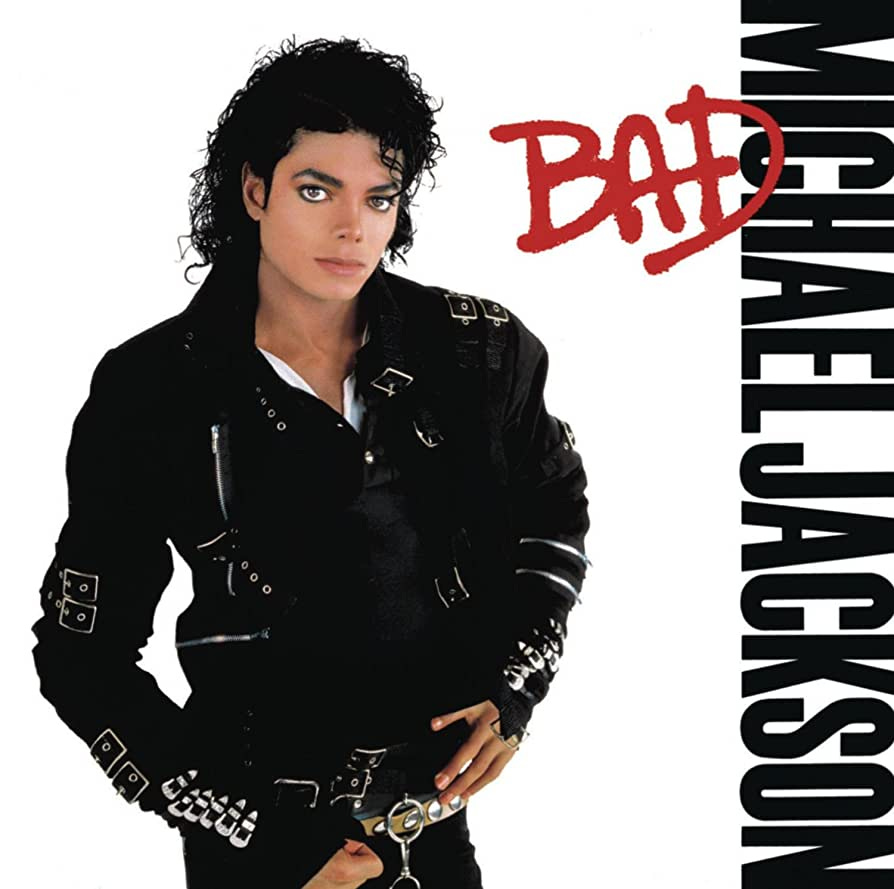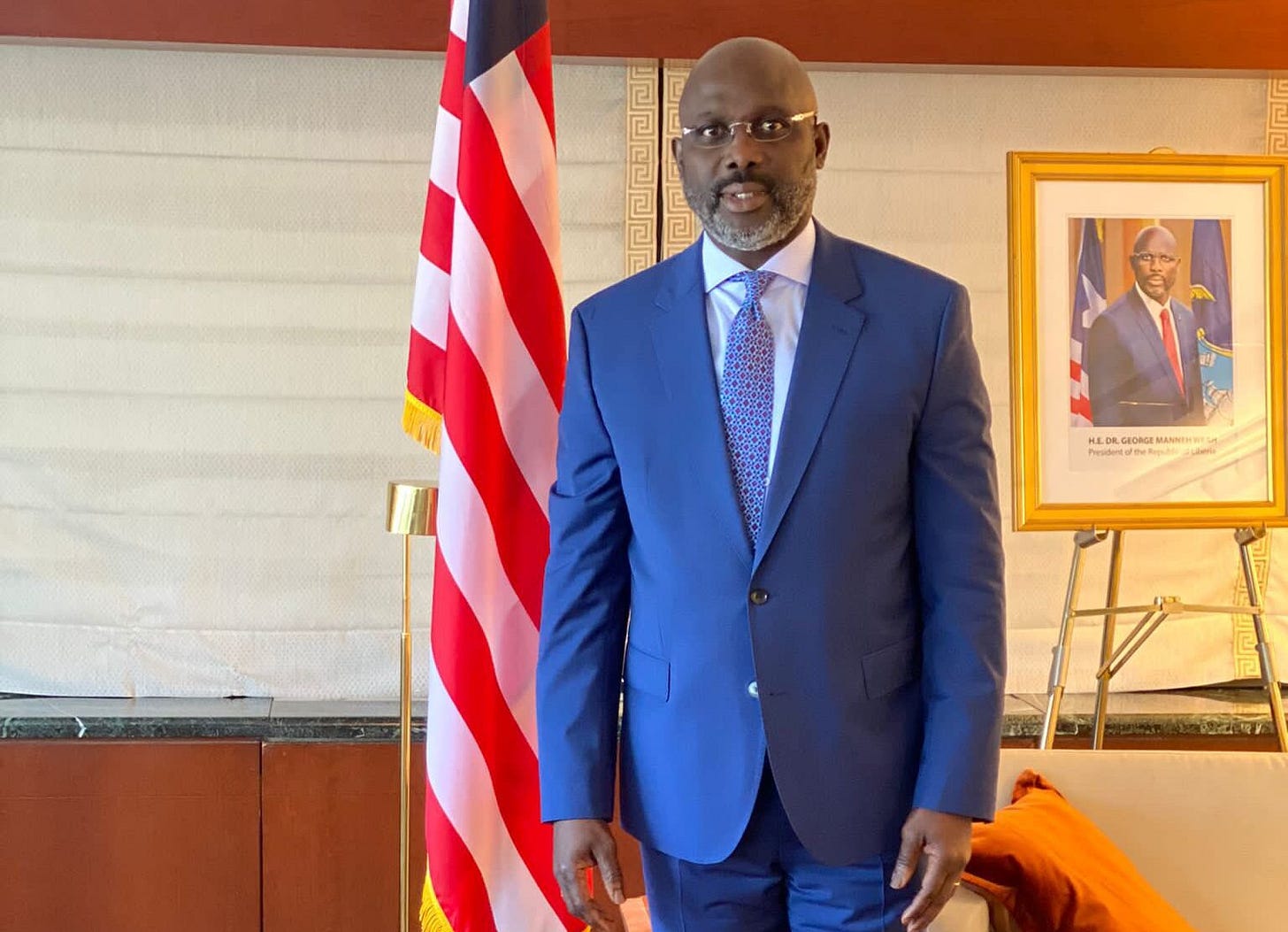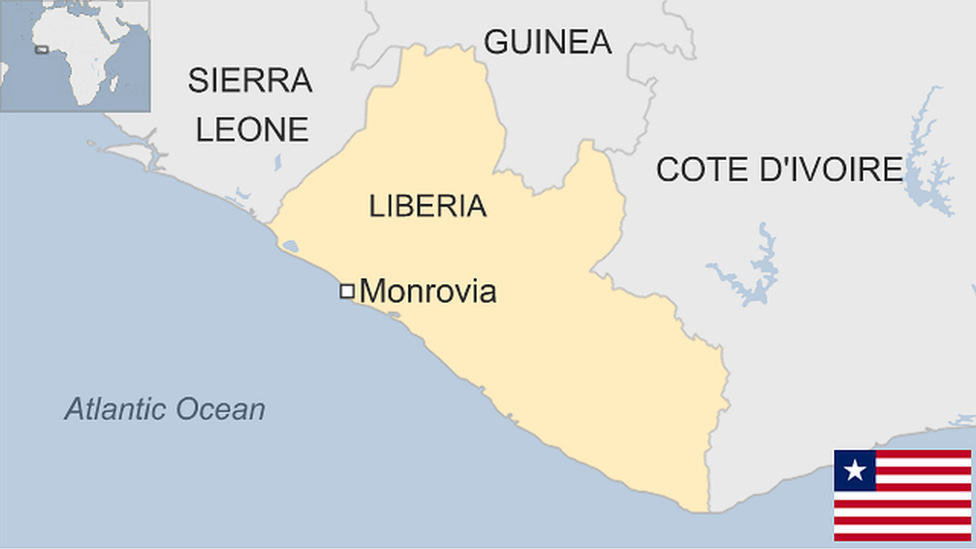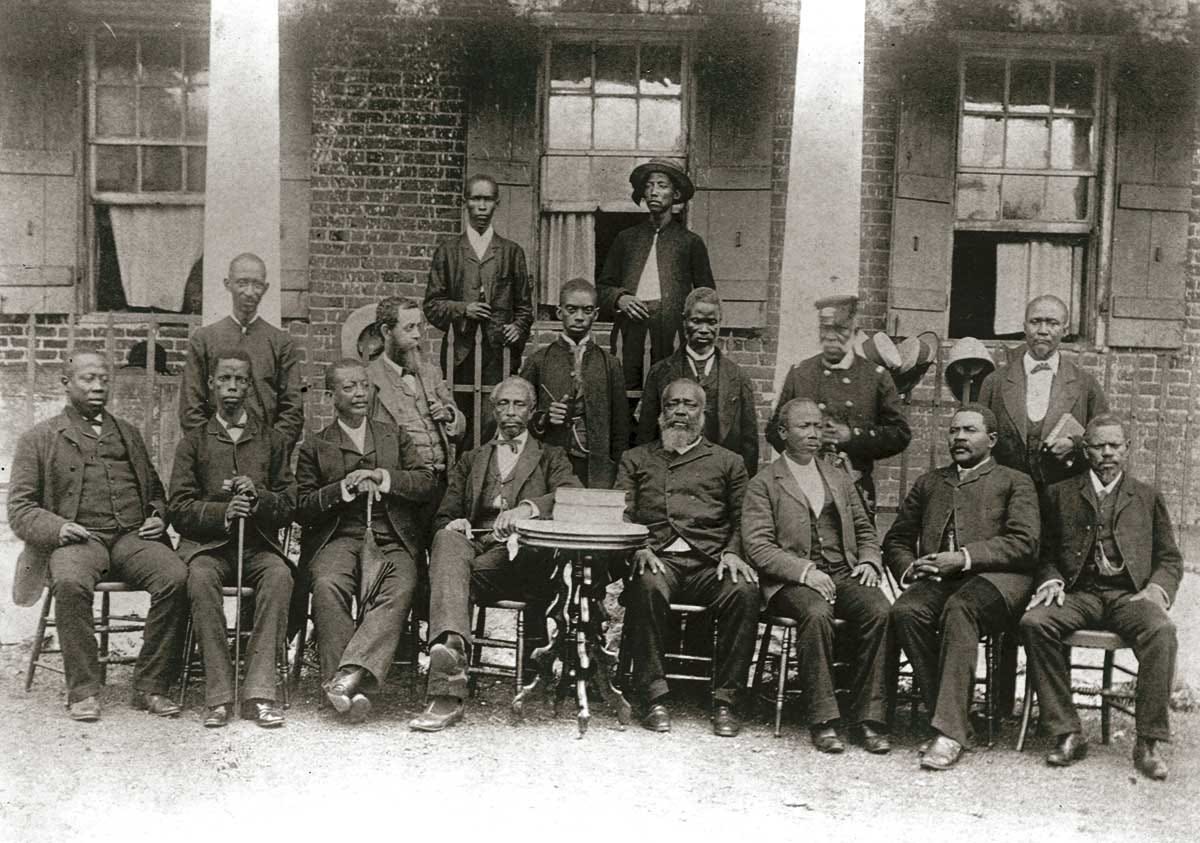Origin Of Liberia
What we can learn from the first country in Africa founded by freed slaves
The origin of Liberia is both fascinating and pertinent to the modern African experience. I believe it’s of major significance to black identity and the relationship between Africa and the diaspora. The truth is, the recent push for black descendants of slaves around the world to return to Africa in a mass repatriation is an initiative that was attempted over a hundred years ago. It was an initiative that resulted in the formation of Liberia.
The way I first became aware of Liberia wasn’t conventional. It wasn’t in a text book or on the news. It wasn’t because of a politician or a lecture. It was because of Michael Jackson.
He had a song called ‘Liberian Girl’ on his 1987 album ‘BAD.’ I had no idea where Liberia was nor what kind of people lived there but if Michael Jackson dedicated a whole song to a Liberian girl, Liberian girls had to be special. Such is the power of media and as a result perception.
Mike single handedly put a tiny African country on the global map.
However, as millions danced and grooved to the melody of that song, few knew about Liberia’s civil wars, the economic struggles or the political unrest. In my mind and that of most of the world, after the Bad album, Liberia disappeared. That is until one Liberian, many years later, brought them back to the main stage in a way no other African had before. That man was George Oppong Weah.
In 1995 Liberia could say they had the greatest player in the world when Weah won World Player Of The Year. This wasn’t the circus of football we have now, with overpaid pretenders playing for their bank accounts rather than the love of the game. Weah’s was a time with the real Ronaldo, Romario, Maldini, Roberto Baggio, Desailly, Seedorf, Batistuta. There was a goal he scored against Verona when he was playing for AC Milan where he ran from his own penalty box, dribbled the whole opposition team before slotting it in the bottom left corner. I remember watching this on tv when I was young and it is as amazing to see now as it was then.
When Weah won that Ballon D’Or, Liberia had truly arrived and Weah did everything he could to highlight the plight of his nation while he was at the top of the greatest game on earth. Then. Silence.
Weah went on to become president of Liberia however he could only do so much to keep Liberia’s struggles at the forefront of world news. We all know Africa’s never been a priority when it comes to international affairs. The global reaction to the war in Ukraine is a great example of what the west could do in terms of exposure for a cause they actually want the world to take seriously whether the media truly cares about that cause or not.
Nevertheless, this is an origin story and when you look into how Liberia started, it makes what Weah did even more heart wrenching. It’s a country that should never have been forgotten especially not by the United States Of America. Liberia was created because of them and it was the decisions made in that creation that led to the problems George Weah was trying to expose.
In the early 1800’s there were many in America that were opposed to slavery. This was for various reasons and not always on moral grounds. Many believed blacks were physically and mentally inferior to whites while others thought the racism was so extreme after the abolition of slavery that freed blacks would never be able to co-exist with whites in America. So, after they had black people build America, white society were desperate to offload the surplus to requirement former slaves anywhere but the America that they’d built.
The idea that blacks should return to their homeland of Africa gained momentum and one of the pioneers was a man called Paul Cuffe. He believed free blacks could establish a prosperous colony in Africa and this prompted him to set up an organisation called the Friendly Society Of Sierra Leone in 1811. His intention was to base his new colony in this country where he would send one ship a year with black American settlers and goods. Unfortunately Cuffe died in 1817 which meant his vision for African repatriation never happened.
The interesting thing here is that the Liberia project was happening around the same time that Britain had already started to settle free blacks from London to the colony of Freetown in Sierra Leone. A lot of these blacks were freed slaves who had fought in the American Civil War. Sierra Leone had formed somewhat of a precedent for what Cuffe was trying to do with what was to be Liberia. After Cuffe’s death, the American Colonization Society started sending ships from New York to west Africa in 1820. The first voyage had 88 black settlers.
When the settlers arrived they captured a place called Cape Mesurado. The thing is, it wasn’t as if people weren’t already there when these settlers arrived. This was to be the source of a lot of Liberia’s future problems; the freed slaves arrived in Africa and displaced the indigenous tribes in order to set up their new home. Over the course of the next decade and a half, five more colonies were formed and in 1838 they came together to create Liberia. Monrovia became the capital and was named after US president Munroe.
So, Liberia was founded by freed American slaves and was funded by an organisation called the American Colonisation Society (ACS). One of the most extreme details of this process was that the mortality rate was and is the highest ever recorded of any human settlement in modern history. Only forty percent of the black Americans that moved from the US survived.
The first black governor of Liberia was called Joseph Jenkins Roberts and he asked for independence but still wanted to maintain contact with the ACS. This is an important factor in what unfolded in the future. This close relationship wasn’t sentimental but for power and influence. As long as this ruling class had the US government on their side, they could do anything in this new land. It’s hard to believe this wasn’t the plan from the beginning.
Liberia got it’s independence on July 26th, 1847. Note that, while Liberia wasn’t officially an American colony, the US maintained a moral protectorate over it. Essentially America was acting as the guardian of Liberia. This was essential to Liberia maintaining its sovereignty during the European scramble for Africa in the late 1800’s when most of the continent was divided up between various nations most notably Britain and France. I spoke about this in my Origin Of Nigeria article with the Berlin Conference from 1884-1885.
Now this is one of the most interesting aspects of Liberia’s origin and subsequent history; When it became a country in the mid forties, the US handed over power to the the free blacks that had emigrated to settle in what was now Liberia. The thing is these free blacks were a minority and they were given power over the indigenous people they’d found there whose land they’d taken. What is even more incredible is that this ruling class of former slaves known as Americo-Liberians and their descendants maintained almost exclusive power in Liberia from 1847 to 1980. That is 133 years. In addition, the Whig party made up of a lot of this minority group, held power almost through this entire period.
With an origin like this, it’s unsurprising that Liberia had civil wars. Of course you’re going to have unrest when the US installed a foreign group at the top of an indigenous group and did so by force. This also accounts for the numerous rebellions by indigenous Liberians.
Taking this history into account, Liberia was technically the first country in Africa to have independence. It was also immune from the madness of colonialism at the hands of the Europeans and Portuguese in the late 19th century through to the late 20th century. The US protected Liberia so that no matter what was happening to other Africans around them, Liberia were in a bubble of safety from annexation. It was as if this country was a pseudo Wakanda.
The Liberian ruling class of Americo-Liberians were made up of a lot of mixed race blacks which is unsurprising due to the unfortunate history in the US and what happened between slave owners and their slaves. The Americo-Liberians also brought American culture, religion and attitudes to Africa. This created a difficult situation where many of these settlers treated the indigenous Liberians in a similar fashion to how they’d been treated by whites in America in terms of discrimination and subjugation.
It was sad to see that segregation was essentially being practiced in an African country. From what I discovered, Americo-Liberians had everything from a caste system to the process of civilising indigenous Liberians to be more like them. This translates to more ‘American’ as opposed to embracing the indigenous cultures and traditions.
This is highlighted by a case in 1927 where the League Of Nations investigated the Liberian government for slavery. It was alleged that Americo-Liberians were intimidating and forcing indigenous Liberians into slavery. The fact that the president, Charles D.B. King resigned following the investigation’s findings that this was happening pretty much confirmed its veracity.
It was hard for me to wrap my mind around. How can you be freed as slaves only to go to Africa and make other black people slaves? This is where you have to say skin colour has nothing to do with these things and it’s all about culture and environment. These freed blacks were doing what they grew up with in the US. I can only assume that to them this act of dominance was acceptable because they’d become accustomed to oppression in America.
The problems in Liberia didn’t end here and the country has experienced everything from the devaluation of their currency, multiple devastating wars and even an Ebola epidemic. This is all too much to cover in a single article and I hope to continue this investigation into the history of the country in future. Liberia is still standing and they’ve proven to be an incredibly resilient group of people. There is a lot we can learn from their story as millions of black people consider moving back to Africa.










Thank-you for yet another wonderful article. You have expressed the same concerns I have about the idea of returning to homelands and the challenges that would bring due to the differences in culture, especially American culture. There would be challenges in learning languages, cultural practices that returnees would be uncomfortable with. There is bound to be an impact on the local population, the workforce, housing, etc. I have friends in a number of African countries, most of them with University Education or Technical College - life is already hard enough for them and work is hard to come by without the added pressure of cultural challenges. Love reading your articles. Thank-you